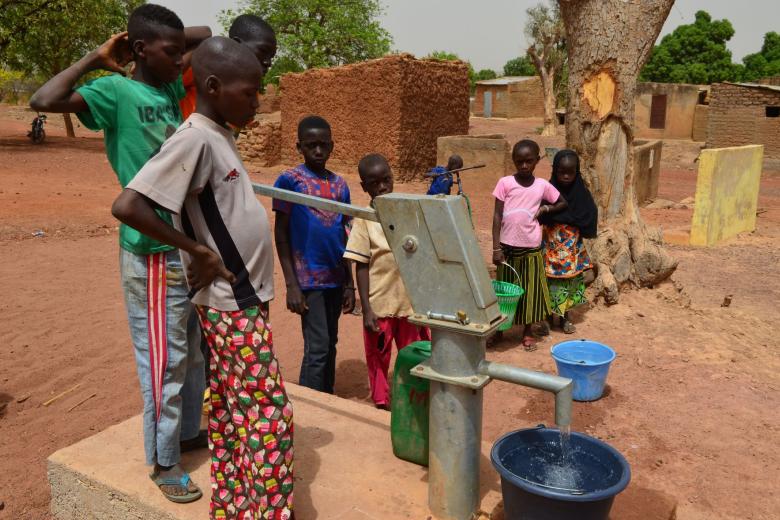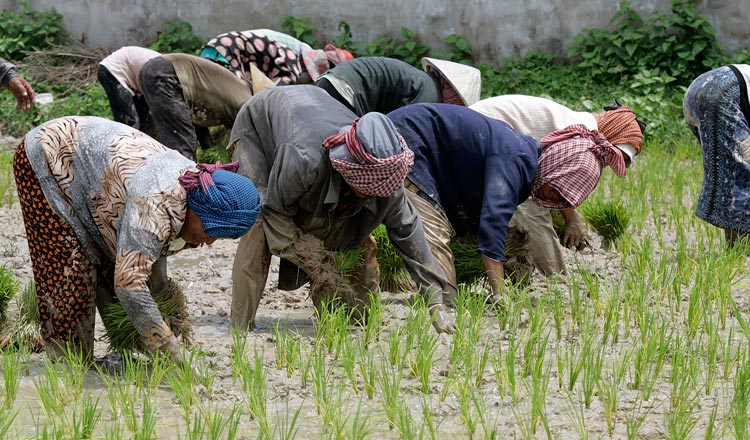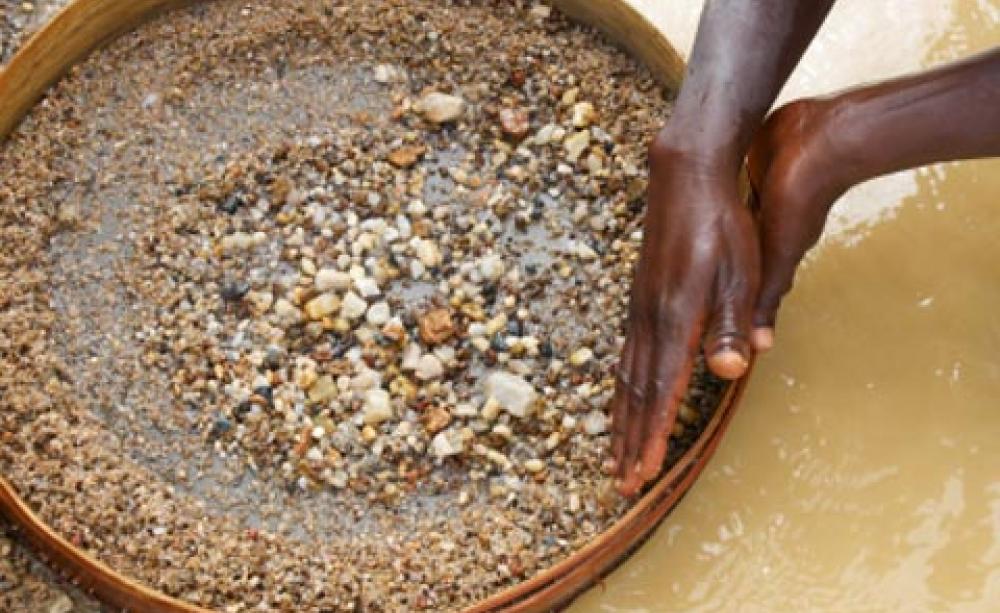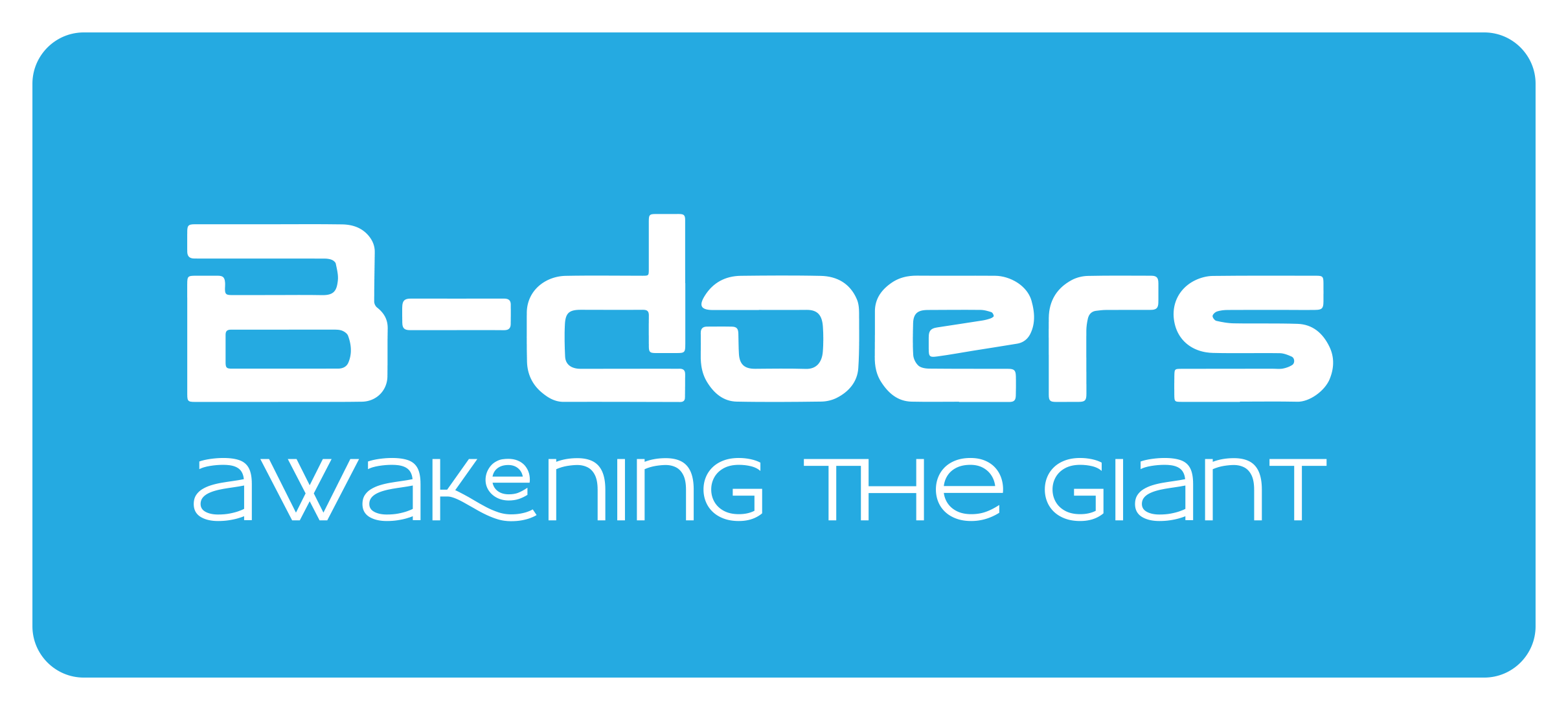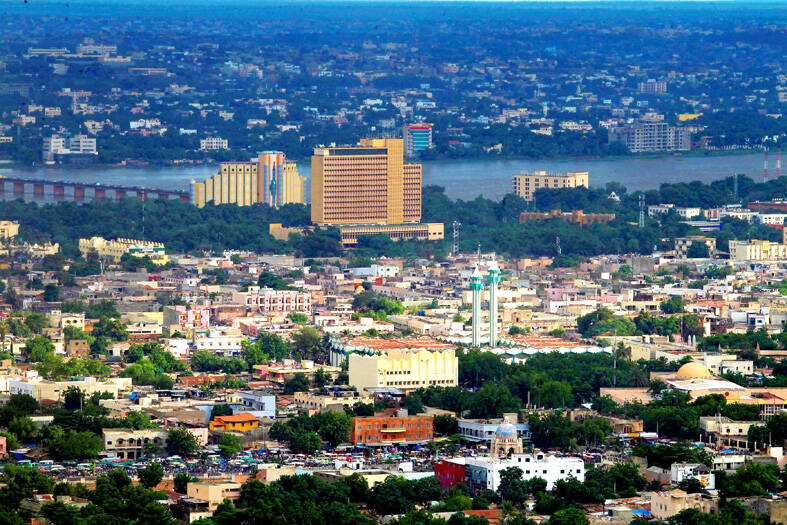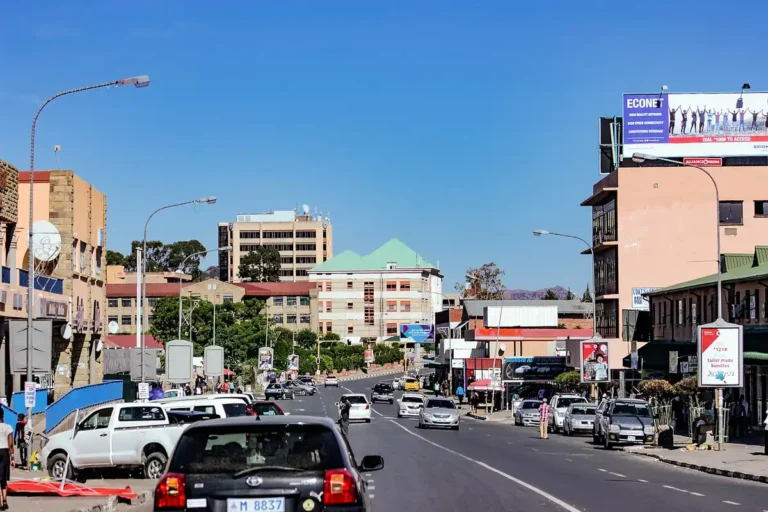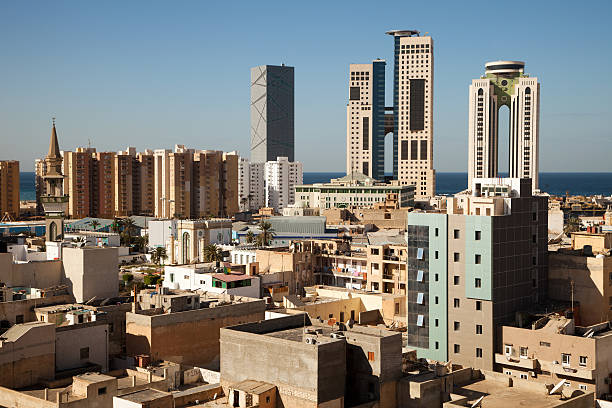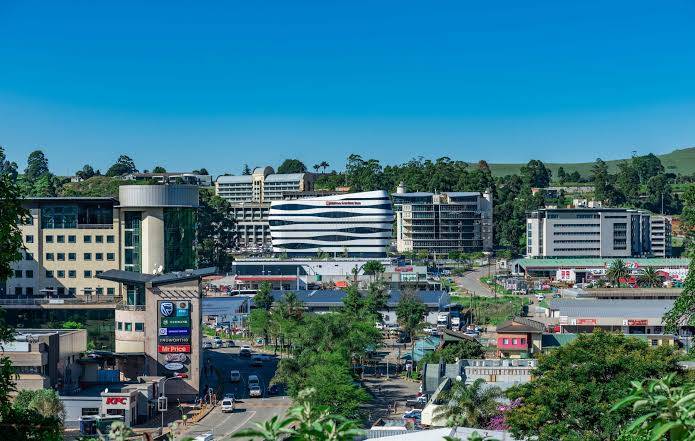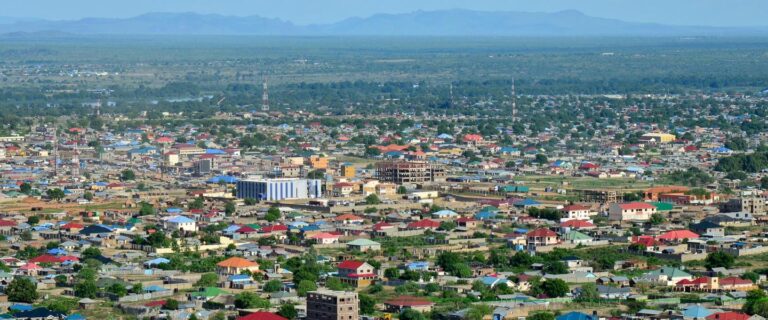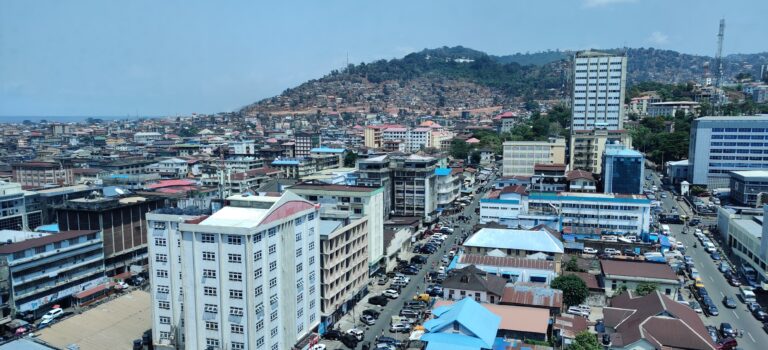Mali, officially the Republic of Mali, is a landlocked country in West Africa whose capital lies in Bamako. Mali is the eighth-largest country in Africa, with an area of over 1,240,000 square kilometers (480,000 sq mi).
The current population of Mali is 21,999,085 as of Monday, July 3, 2023, based on Worldometer elaboration of the latest United Nations data.
Colonel Assimi Goïta is a Malian military officer who has been serving as interim President of Mali since 28 May 2021. Goïta was the leader of the National Committee for the Salvation of the People, a military junta that seized power from former president Ibrahim Boubacar Keïta in the 2020 Malian coup d’état.
The economy of Mali is based to a large extent upon agriculture, with a mostly rural population engaged in subsistence agriculture. Mali is among the ten poorest nations of the world, is one of the 37 Heavily Indebted Poor Countries, and is a major recipient of foreign aid from many sources.
Mali produces the third-highest amount of gold in Africa, making it the country’s main export product.
Mali’s population is young. It is estimated that around 60% are under 25 years old. Each year around 300,000 young people are entering the labor market. However, the formal sector employs only 5% of the labor force.
The key documents used by Mali in its development program are the Country Strategy Paper 2021-2025, Country Strategy Paper (CSP) presents the Bank’s strategy for Mali for the period 2021-2025, Mali Country Strategic Plan (2020 – 2024), and Paths of the future: Scenarios for Mali 2030.
Business opportunities in Mali
Investment opportunities in Mali are based in the mining, agricultural, and energy sectors, but companies may also find business opportunities in chemical and pharmaceutical products, construction materials, mineral exploitation, water resource development, livestock, leather, food and beverage processing, machinery, energy (including turbine-generated and solar), and new and used clothing imports.
